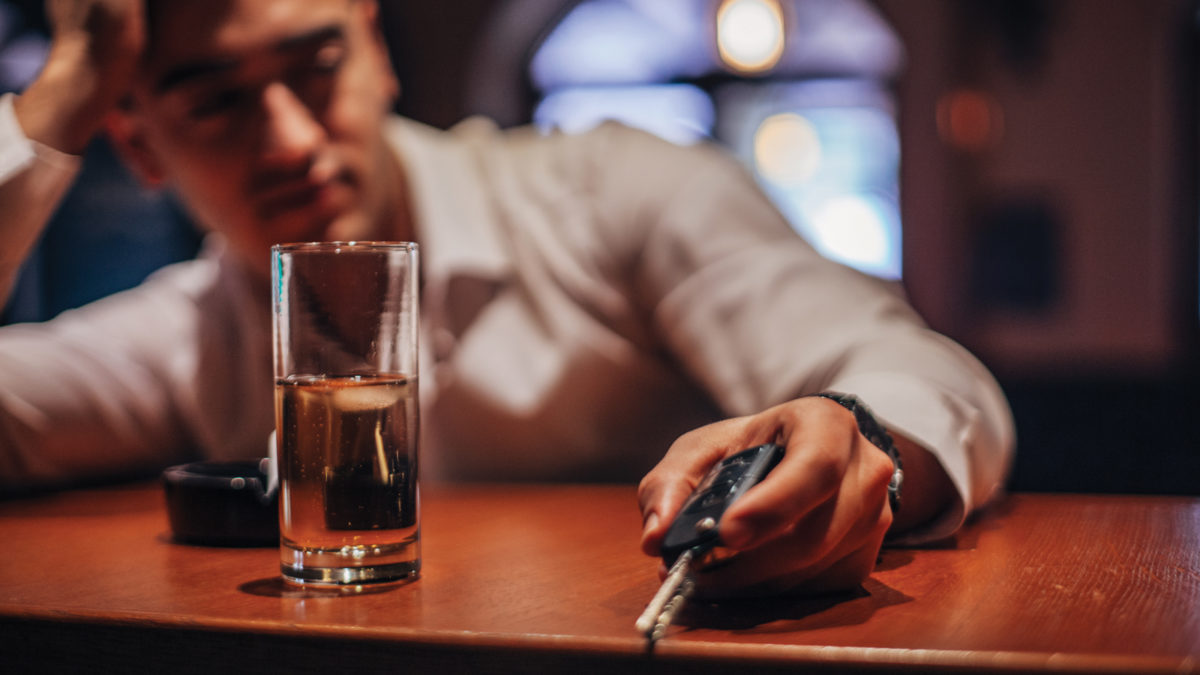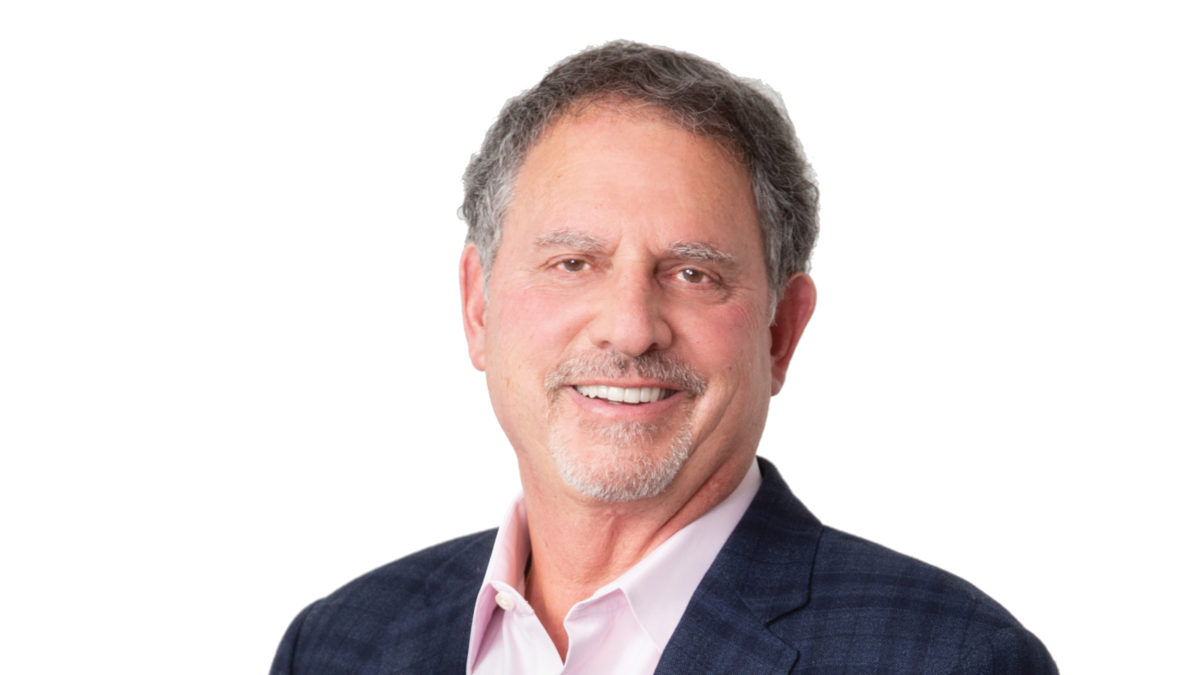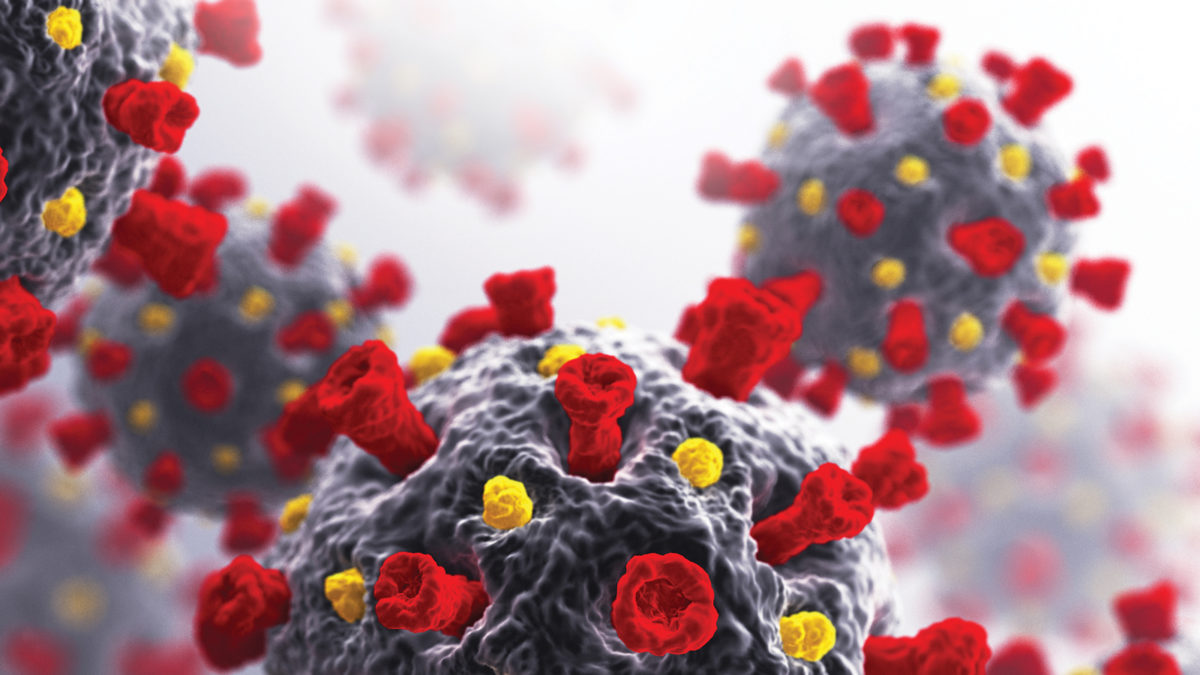
A Triumph for Justice
Burg Simpson’s Win in the Body Parts Case
June 2020

Michael Burg is one of America’s leading trial lawyers, the best-selling author of Trial By Fire,1 a legal expert, and the founding shareholder of Burg Simpson Eldredge Hersh & Jardine. A legal champion for victims of corporate and individual malfeasance, negligence, overreach, and abuse, Burg has successfully litigated some of the country’s most high-profile cases of the past four decades. Under his leadership, Burg Simpson has expanded to more than 70 attorneys across seven cities. The firm is a national leader in mass tort and class action litigation and has won more than $1 billion in verdicts, judgments, and settlements on behalf of its clients.
During his 43-year career, Burg has represented thousands of individuals and helped their families overcome catastrophic injuries and immense hardship. He has taken on big pharma in multiple dangerous drug mass tort cases, including Fen-Phen, Yaz/Yasmin, Ortho Evra, and Pradaxa. Burg stood up to corporate greed fighting against UBS for selling risky mortgages to investors, creating the blueprint for many similar actions by states, municipalities, government regulators, and other aggrieved investors.
In 2019, Burg secured a $58.5 million verdict in compensatory and punitive damage for families who had donated bodies of their deceased loved ones to the Biological Resource Center (BRC). He represented the victims of a scheme to illegally sell parts of donated bodies that were intended for scientific and medical education and research. The verdict is one of the largest civil case results in Arizona history and the subject of this month’s Q&A with Burg.
Before you took this case, were you aware of the magnitude of the illicit body broker industry in the United States?
Before I agreed to represent my clients in the case against the BRC, in what the national media has called the “Body Parts Case,” I was not aware of a body parts industry that profited from selling and trafficking human body parts without family consent. What the BRC did is akin to body-snatching, but without the effort of unearthing the human remains.
The descendants and families of the deceased donated the bodies of their loved ones based on misrepresentations that the remains would be used solely for medical or scientific research. The BRC claimed that the remains would be treated with dignity and respect and would not be sold. But based on a price list, the BRC sold whole human bodies and body parts for profit.
This kind of practice should not occur in a civilized society. I have been a trial lawyer for over 40 years, and until I became aware of the details of this case, I did not think I could be surprised at the levels to which humans can stoop to make money off of the tragedy of others.
Fortunately our trial team, which in addition to myself included Burg Simpson shareholders David TeSelle, Holly Kammerer, and Paul Friedman, was in a position to fight this injustice by representing the families who had suffered so much.
The details of this case are disturbing. What was the most challenging aspect of trying this case?
The bodies of the deceased were donated under the guise of medical or scientific research, but were not stored, treated, or disposed of with dignity or respect. They were dismembered, and the body parts unceremoniously piled into buckets, coolers, and freezers.
The severed body parts were sold to other body brokers and then to buyers across the globe for hundreds of thousands of dollars—without regard to the requests made by the deceased or the family about how the body was to be used.
Delving into the gruesome details of this case was challenging enough, but working with the family members and witnessing their horror as they discovered the details of how their loved ones remains had been mistreated was much more difficult. But, this is what we do at Burg Simpson—we fight for our clients who have been wronged by the actions of others.
How did your clients discover they had been deceived by the BRC?
BRC claimed to be a legitimate body donation center where the deceased could have their bodies donated for medical advancement, but in 2014, the facility was raided by the FBI.
Until the time of the FBI criminal investigation, the families affected by the BRC’s actions believed they had donated their deceased family members’ bodies to science and medical research and that the bodies had been treated with appropriate dignity and respect. They also relied on the BRC representatives that the bodies would not be sold. In what became a living nightmare, the family members, along with the rest of the nation, became aware of the horrifying truth about the BRC’s macabre practices on the national news.
From the beginning of this case, our legal team at Burg Simpson focused on seeking to secure justice for the grieving families.
Can you give us an overview of the procedural history of the case?
The case filed against the BRC, and numerous other defendants, came before the court on October 24, 2019 for a trial by jury. The case originated in Phoenix, and was tried in the Superior Court of the State of Arizona in and for the county of Maricopa. It was first assigned to Judge Bergen, but when she was transferred out of the court’s docket, the case was reassigned. Judge Timothy Thomason presided, and the jury entered its verdicts on November 19, 2019.
Organ transplant donation is regulated by the US government. Do you believe the body donation industry should also be federally regulated?
Whole body facilities are also known as non-transplant tissue banks, and unlike the organ and tissue transplant industry, body donations are not regulated by the US government. While selling hearts, livers, tendons, and other human tissue for transplant is illegal, there are no federal laws that govern the sale of cadavers or body parts for use in medical research or education. There are only a few state laws that provide some regulation, and in many states, there is no oversight whatsoever. We believe the government standards that are applied to the organ and tissue transplant industry should also be used for non-transplant tissue banks. We hope that we will soon have both federal and state regulations for whole body donation facilities.
The study of human bodies is vital to those in the medical profession. Physicians and medical researchers use donated human body parts to develop new surgical instruments and implants, and new medicines and treatments for diseases. Whole-body donations have led to advancements in everything from surgical techniques to automobile safety. But when body brokers act without donor consent, and their practices are based only on deceit and greed, we as a society need to stand up and fight back.
Are you aware of other black-market body brokers in the United States?
We soon discovered that the BRC was not the only black-market body broker using what appeared to be a legitimate business to source its grisly body parts supply. In 2018, the FBI also raided the Sunset Mesa Funeral Home in Montrose, Colorado, which had been running a body brokerage business from the same location. Instead of providing the cremated remains of the deceased to the grieving families, Sunset Mesa’s owners kept the corpses and presented the families with urns of powdered concrete or other false ashes instead of the deceased’s “cremains.”
In 2019, Burg Simpson filed a case against Sunset Mesa Funeral Home that is ongoing.
The jury awarded a significant verdict in the BRC case. What kind of a message does that send to body brokers across the country?
A Maricopa County jury awarded $58.5 million to the wronged families. This is one of the largest verdicts in Arizona history, and I believe it shows that this kind of practice will not be tolerated in our society. Following a four-week trial, the jury sent a loud and clear message to body brokers across the nation that selling body parts for profit without informed consent from the donors is unacceptable.
How many people did Burg Simpson represent in this case?
Burg Simpson represented 30 clients. Nine clients settled, and 21 clients went to trial.
Can you tell us how law enforcement contributed to the outcome of this case?
The 2014 raid on the BRC in Arizona was part of a broader federal probe into the suspected practices of body brokers in Detroit, Chicago, Las Vegas, and Phoenix. The FBI testified that their agents were called in after a shipment of seven heads destined for the Middle East was stopped by customs officials.
Burg Simpson’s trial team worked closely with the FBI and the Attorney General during the investigation. We were fortunate that Judge Bergen understood the extent of our circumstances and gave us the additional time we needed to work with law enforcement before completing the necessary discovery.
The FBI agents who raided the BRC in Arizona discovered frozen human remains. Protected by hazmat decontamination suits and personal protective equipment, they hauled away the contents of the BRC’s freezers, filling 142 body bags.
One of the Phoenix FBI special agents said he saw various unsettling things inside the BRC, including a small head sewn onto a large torso, among other disturbing scenes. Some of the agents who were there have since undergone therapy with professionals to help them cope with post-traumatic stress they experienced following the exposure to the horrors of the BRC scene.
How did your clients respond to the jury’s verdict?
While no amount of money can compensate these families for the trauma they have experienced, our clients hope others will be spared from similar circumstances. We have fought against injustice, righted a wrong, and protected other families.
Notes
1. Burg, Trial By Fire: One Man’s Battle to Stop Corporate Greed and Save Lives (BenBella Books 2016).


